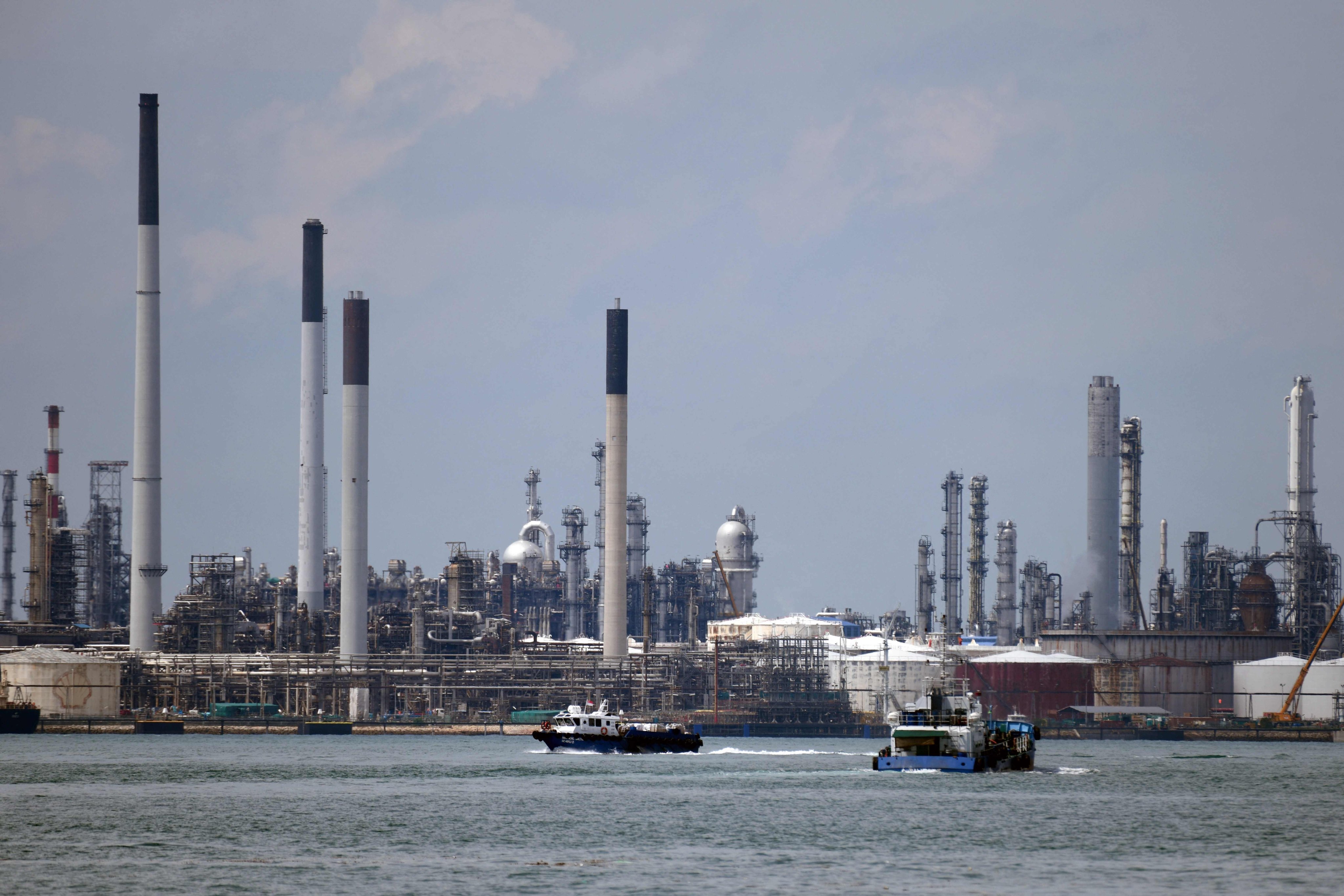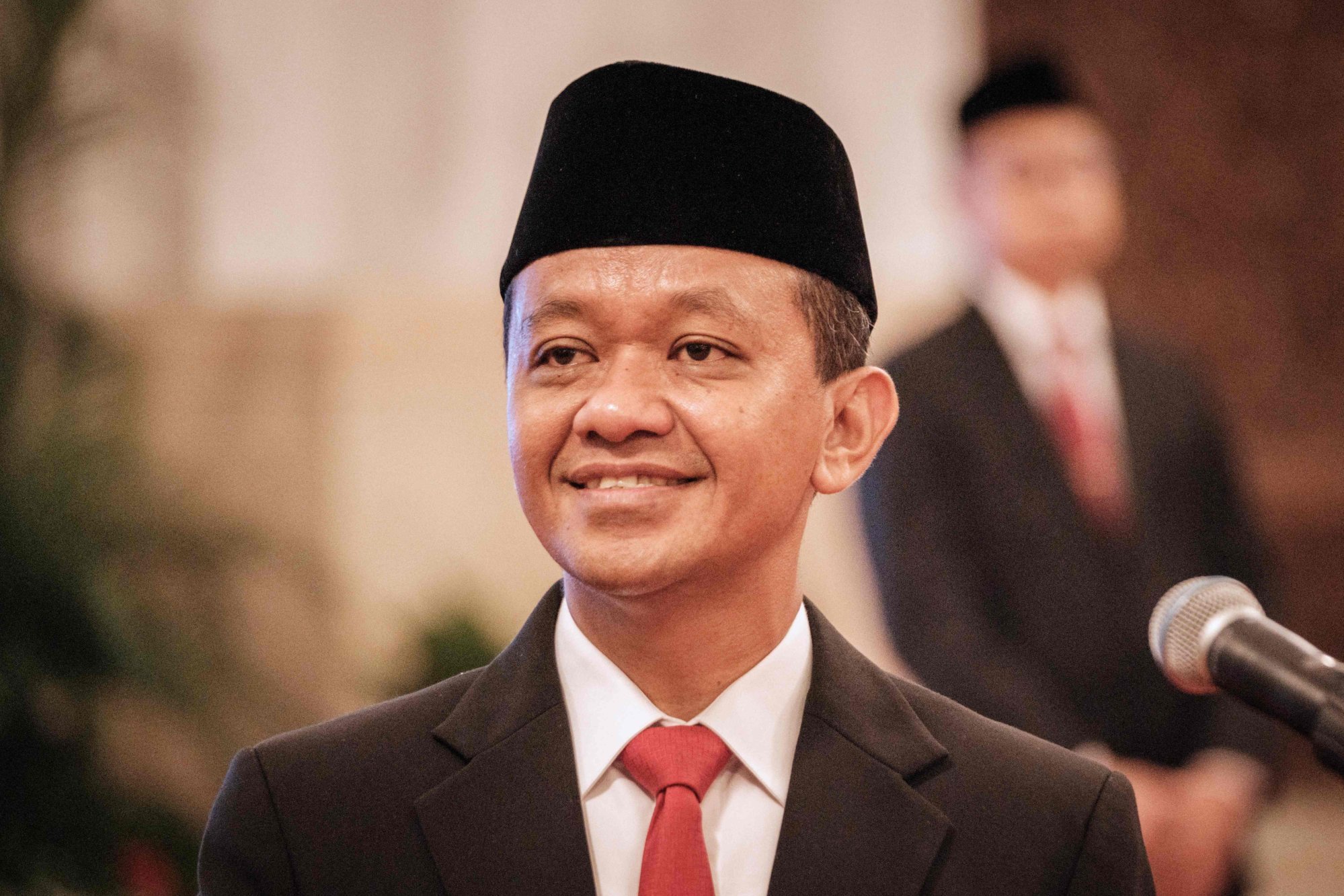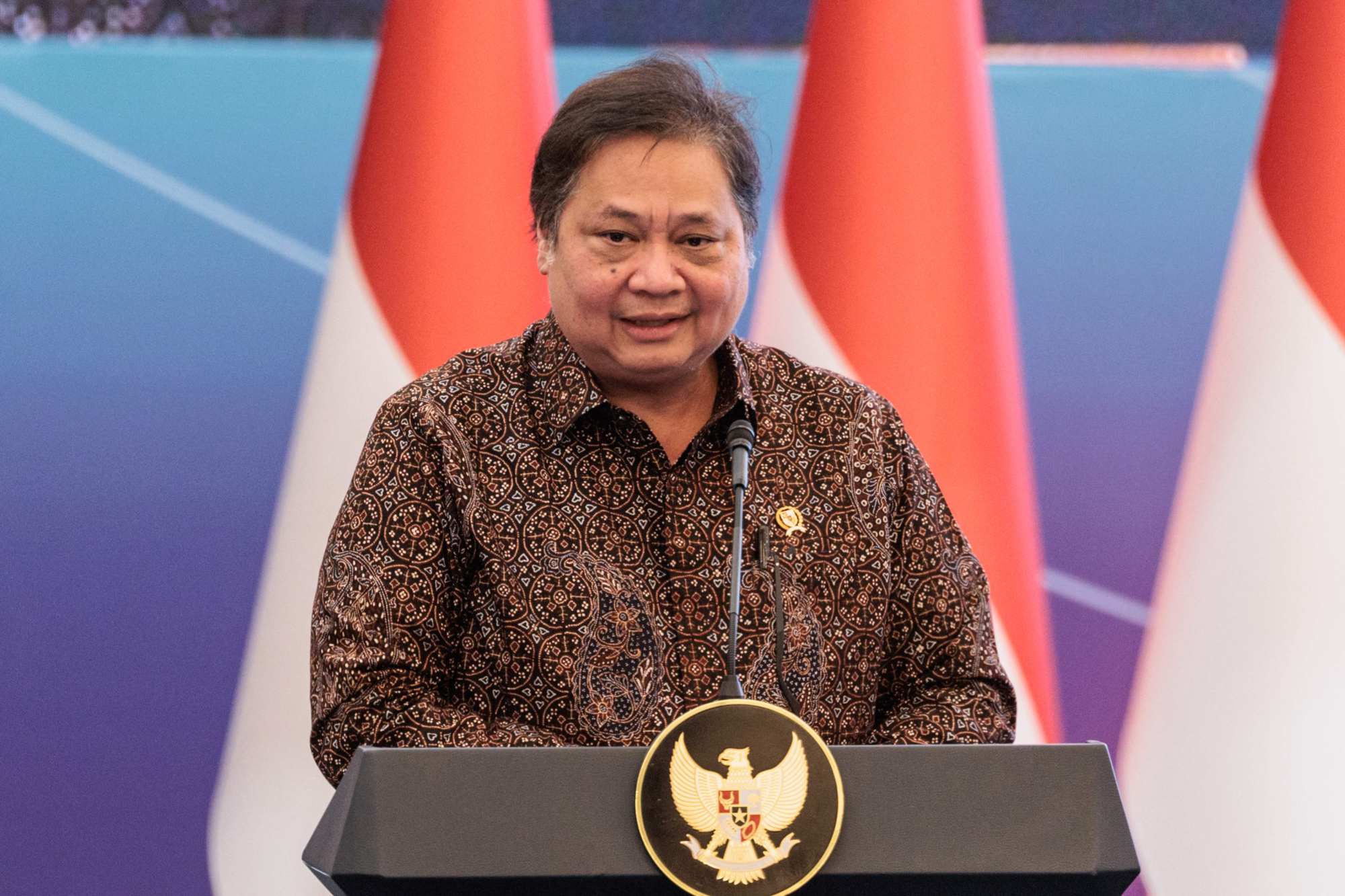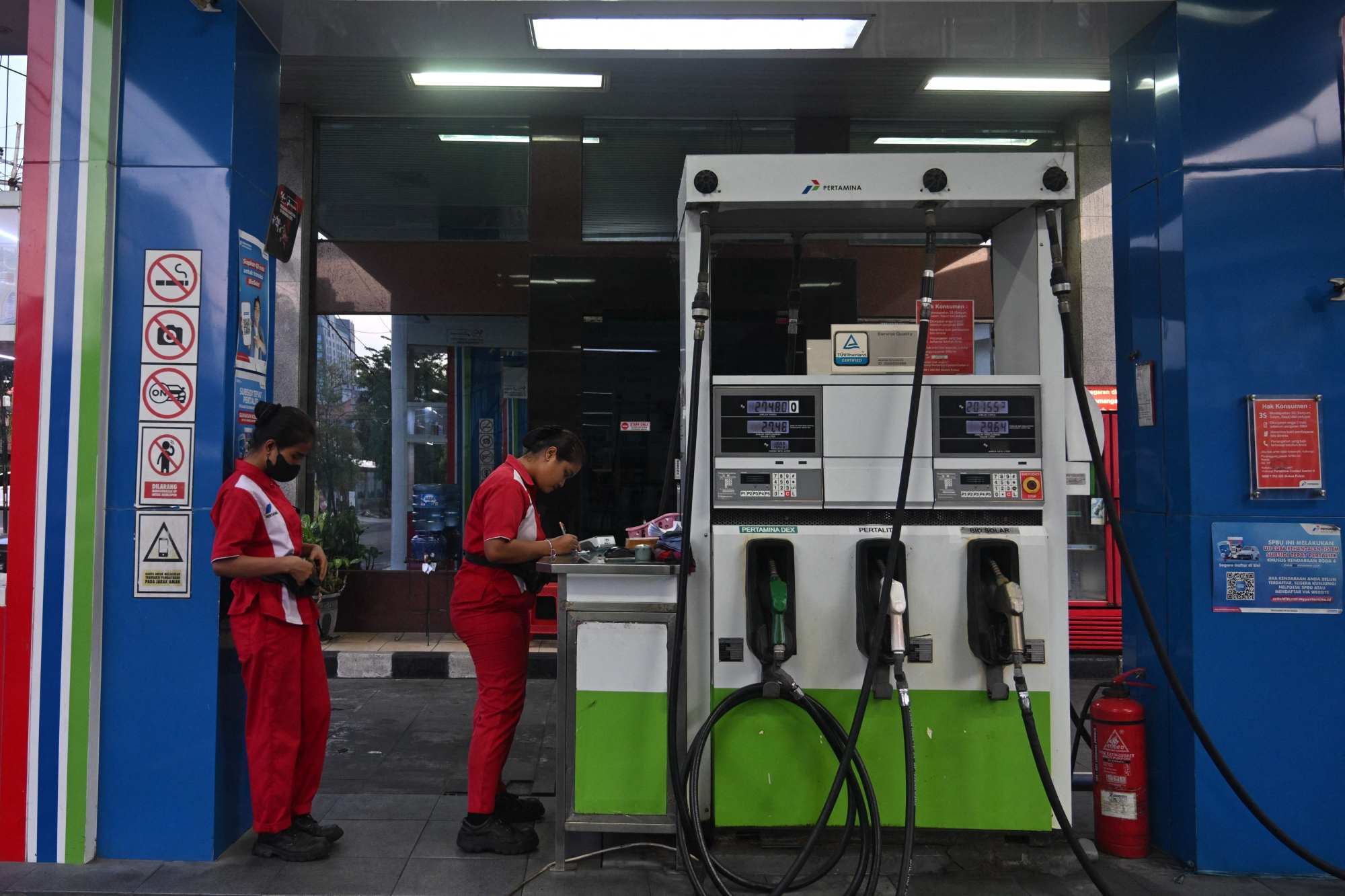Indonesia slams Singapore’s ‘shameful’ fuel prices, plans pivot to US imports
Despite being an oil producer, Indonesia’s low refining capacity leaves it heavily reliant on Singapore for fuel — but that may soon change

Indonesia plans to slash fuel imports from Singapore and pivot to supplies from the United States and the Middle East, in a move that analysts see as a bid to reduce its dependence on the neighbouring city state and gain a strategic advantage in trade talks with Washington.
The oil-producing nation could redirect up to 60 per cent of its fuel imports away from Singapore over the next six months as part of a broader diversification strategy, Energy and Mineral Resources Minister Bahlil Lahadalia told reporters on May 9.
“It is not only a matter of price but also geopolitical issues. We need to have a balance with other countries,” Bahlil said, adding that Indonesia aimed to progressively reduce imports from Singapore to zero “some day”.
The minister criticised Singapore’s pricing practices, arguing that despite its proximity, the city state sold fuel to Indonesia at prices similar to those offered to buyers in the Middle East.
“[Singapore] does not have oil, but we buy from there. Of the total production, 34 per cent of the market is in Indonesia, [yet] the price is the same as the Middle East. I say this is a shameful strategy,” Bahlil said.
Despite not producing crude oil, Singapore is a major refining hub and a key supplier of petroleum products across the region. More than half of Indonesia’s oil imports now come from the city state, as declining output has left it unable to meet domestic demand.

Between January and April, Singapore supplied Indonesia with more than 54,000 barrels of gas oil and 8,300 barrels of jet fuel per day, according to data from government agency Enterprise Singapore.
Analysts point out that while Indonesia is a crude-oil producer, its refining capacity – stuck at around 1.1 million barrels per day – is insufficient to meet its growing energy demands. This shortfall has made fuel imports essential, particularly for transport and industry.
Tariff concessions
Indonesia’s pivot comes amid efforts to reduce or eliminate a 32 per cent “retaliatory” tariff announced by US President Donald Trump in April on Indonesian goods. The tariff, temporarily paused until July for trade negotiations, has spurred Jakarta to explore ways to strengthen its bargaining position.
Members of the Association of Southeast Asian Nations have been among the hardest hit by Trump’s tariffs, with Indonesia, Malaysia, Vietnam and Thailand all engaging in urgent trade talks since the levies were announced.
But analysts warn that the scramble for bilateral trade deals with Washington could undermine regional unity and weaken intra-Asean trade.
Abdul Rahman Yaacob, a research fellow at the Lowy Institute’s Southeast Asia programme, said that Indonesia’s new fuel-import strategy exemplified the ripple effects of Trump’s trade policies.
“Instead of a coordinated Asean response, individual Asean countries are negotiating with the Americans bilaterally because national interest is of the utmost importance,” he said. “To reduce their trade deficit [with the US], they could look at cutting imports from other Asean countries. Singapore, for example, is an easy target because it’s an open trade city.”

Last month, Indonesia’s Chief Economic Minister Airlangga Hartarto led a delegation to Washington for high-level trade negotiations. As part of the talks, Indonesia pledged to increase imports from America by up to US$19 billion, with US$10 billion allocated specifically for energy purchases such as oil and liquefied petroleum gas, alongside other trade concessions.
Bahlil has said that Indonesia intends to import 10 times more crude oil from the US to support its trade objectives. The US accounted for just 4 per cent of Indonesia’s total oil imports last year.
Following his announcement, state energy firm Pertamina pledged to follow the government’s directive and explore ways to expand fuel storage capacity to accommodate increased imports from the US.
Jeff Ng, head of Asia macro strategy at Sumitomo Mitsui Banking Corporation in Singapore, said that Indonesia’s plan for a shift was about “strategic diversification”.
“Diverting imports from Singapore to the US does help with negotiations for tariff reductions,” he told This Week in Asia.

Energy security
While reducing reliance on Singapore for oil could appease Washington, analysts warn that importing fuel from the US and the Middle East presents logistical challenges.
“Careful economic and technical analysis” would be needed, said Putra Adhiguna, managing director at the Energy Shift Institute think tank in Indonesia.
“The added cost of [long-distance] logistics must be evaluated to maintain competitive supply costs, especially considering domestic fuel subsidies and their impact on the state budget.”
Putra also stressed the importance of accelerating domestic refinery construction and tackling corruption in Indonesia’s fuel value chain. “Transparency in procurement must remain a priority,” he added.
If our country goes to war, our oil reserves and storage can only last for 21 daysIndonesian Energy Minister Bahlil Lahadalia
The push to diversify fuel imports aligns with Indonesia’s broader energy security goals, a key campaign pledge of President Prabowo Subianto. In October, Bahlil emphasised the urgency of the issue, saying: “Singapore does not have oil, but Indonesia imports 60 per cent of its oil from the country. This is utterly mind-blowing to me … If our country goes to war, our oil reserves and storage can only last for 21 days.”
Energy-transition strategist Fabby Tumiwa, executive director at the Institute for Essential Services Reform think tank, said that Jakarta’s shift was motivated by both energy security and geopolitical concerns.
“Indonesia has a high dependency on imports for fuel, so to reduce the vulnerability, we have to diversify the source of our fuel,” he said. “Indonesia is also trying to increase cooperation with the Middle East, so if it can get a good deal there, I think the government will opt for more imports from there.”
For Singapore, losing Indonesia as a customer might involve “some switching costs”, Ng said.
“Changing supply chains may be structurally challenging if done abruptly. For Singapore’s case, there are slight downside risks to demand due to this potential development,” he added.